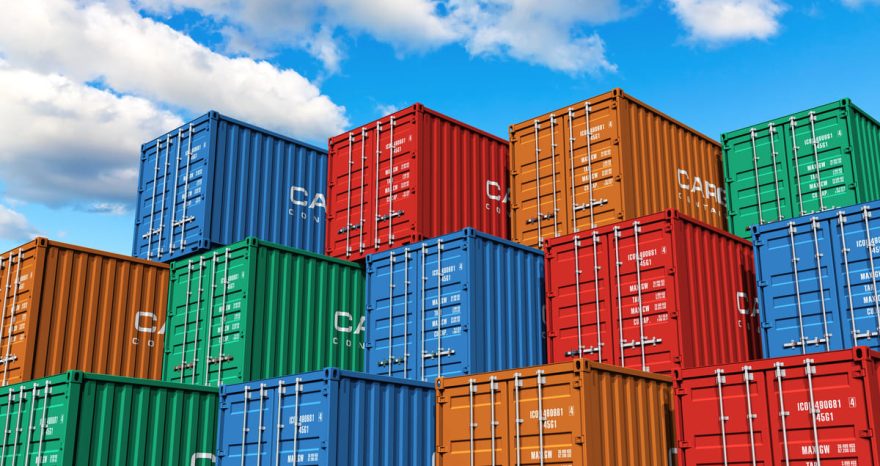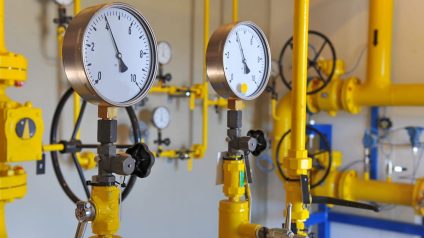The European Commission has presented a proposal for a revision of the Industrial Emissions Directive (IED). The draft could bring important progress to the legislation, but there are some gaps. According to the EEB network, these are dangerous limits that companies have already taken advantage of in the past.
IED modification, the first rejections
(Sustainabilityenvironment.com) – In recent days some rumors have been published about the draft amendment of the European Industrial Emissions Directive (IED), fundamental EU legislation to regulate the pollution produced by large EU plants. It is a law that ensures the protection of the right to health for people, and the environment itself.
Already in the past, the several Member States and individual companies have taken advantage of a number of limits in the current directive, which in fact has weak and easily circumvented emission prevention standards. For this reason, the draft revision was expected, but it has disappointed expectations. European Environmental Bureau, the European network of more than 170 environmental organizations present in 35 States, believes that this year could have been a key opportunity to update the directive and bring the treatment of industrial emissions in line with EU environmental and climate standards.
According to EEB the new directive is not strong enough in regulating industrial emissions.
According to the advances proposed by the Contexte, in fact, the main limit lies in the arbitrariness left to companies, which can themselves establish their own commitments. The reduction of the share of emissions generated by industrial pollution would also be delegated only to the market, encouraging the ETS system (the sale of quotas between countries).
According to Christian Schaible, EEB’s Industrial Production policy manager, he said: “The European Commission has done a good job in terms of strengthening enforcement and sanctions. However, the proposal falls short of pushing industry into a comprehensive shift toward climate neutrality and zero pollution. It’s a huge blunder to keep in an article that prevents permit writers from establishing limits for greenhouse gas emissions for industrial polluters. This has to be fixed if the EU is serious about its Green Deal commitments”.
Read also Ukraine, Brussels to raise EU targets on renewables
The network of environmentalists, along with other NGOs, has already written to the European Commission asking that the directive is in line with the Green Deal. And highlighting a number of aspects that represent significant progress, from others that need immediate review.
Industrial Emissions Directive, positives aspects
TRANSPARENCY: There is an improvement in the transparency of negotiations for emission standards. Increased openness allows NGOs to monitor the process and verify its effectiveness;
ACCESS TO JUSTICE: the mechanism of access to justice is strengthened, even if there are still several limitations.
CONSTRAINTS: Emission limit values are adjusted to the lowest threshold of
POLLUTERS PAY: the penalties and compensation scheme for polluters have been strengthened, which now also include battery production and extractive activities;
INDUSTRIAL LIVESTOCK: emissions from a number of farms (cattle and, in part, pigs and poultry) will also be considered industrial pollution;
BAT-AELs and BAT-AEPL (standards of prevention and performance). This is an important step forward in the field of industrial pollution because it explicitly binds companies.
Industrial Emissions Directive: downsides
MEASURABILITY: the “Transformation Plans” do not provide road maps and tools for measuring the progress achieved. There is no framework of deadlines and 2030 does not seem to be in line with European needs. In addition, the companies themselves will sign up for their commitments.
SALE OF EMISSIONS: in Article 9 paragraph 1, the regulation of emissions is entrusted to the market alone, strengthening the ETS;
PARTICIPATION: at the moment the participation of the European Chemicals Agency alone is reviewed, while the network hopes for greater openness of the audience of stakeholders, which should include at least the academic world and the European Environment Agency;
LIGHT REGIMES: a lighter regime for industrial pollution of agricultural activities;
CIVIL SOCIETY: NGOs are excluded from the scientific process that elaborates the performance keys of transformation plans.
In principle, the proposed amendment implies, according to EEB, that the European Commission has known the current limits of the legislation on industrial pollution, even if the progress made is still not ambitious.













